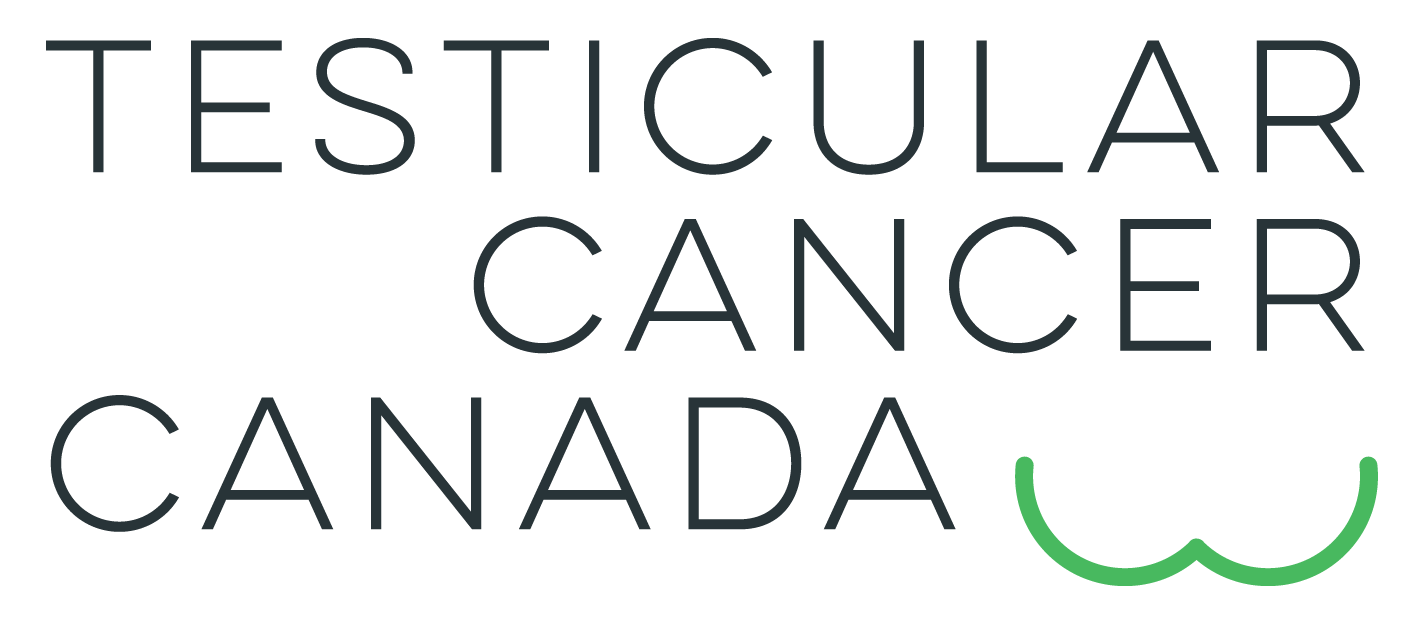Your role as a patient
If you have been diagnosed with testicular cancer, your role as a patient is essential throughout your cancer treatment experience.
When you learn you have testicular cancer, you may feel angry, overwhelmed, anxious or confused. These are completely normal emotions. However, it's important to understand that your role as a patient is just as important as that of your healthcare team.
Medically reviewed by Urologic Oncologist Dr. Robert J. Hamilton on 09/05/2022
I gather information
Following a cancer diagnosis, your first job is to be well informed. Understanding your type of cancer is essential: Is it aggressive? Localized to the testicle? Has it spread elsewhere?
After a thorough discussion with your doctor, you will be better equipped to move on to the next step: treatment. Take the time to analyze the various treatments available to you and take a look at their side effects. This will be instrumental in helping you understand how your treatment will unfold.
Discuss it with your doctor, your family, your friends. If necessary, do some research on your end, bring a list of questions to your doctor, and talk to someone who’s been there before.
Learn about potential side effects so you know what to expect. Knowing is better than being caught off guard and will help you prepare and plan support ahead of time.
I analyze my lifestyle
Side effects can vary in intensity and duration from one man to the next; they may be treated or even disappear with time. Know that you have the power to control some of these effects.
Prioritize a healthy diet
Stay physically active as much as possible
Try to keep stress under control
By changing certain lifestyle habits, you will feel more in control. And your physical and psychological well-being is sure to benefit. Talk about it to your loved ones, and do not hesitate to consult your doctor.
I understand the importance of medical follow-up and my results
Whether you are in an active surveillance stage, in full treatment or in post-treatment, medical monitoring is essential. Your appointments are an opportunity to talk to your specialist, report any new symptoms that are of concern, and discuss your side effects.
Medical monitoring also allows your doctor to keep an eye on your cancer, judge the cancer's response to treatment, or monitor for a possible recurrence of the disease after treatment.
I play an active role throughout my cancer experience
Play an active role in your well-being and, above all, think about your needs. Taking good care of yourself is as important as taking your medication and getting treatment. At any time, ask your healthcare team for advice before, during and after your treatment.
Take the necessary time to visit each of our pages on this website to familiarize yourself with the disease. Do you have questions or concerns? Above all, do not hesitate. Contact us via Messenger on our Facebook page. It’s simple, free and confidential.
Video to review
Get To Know Your Balls
Let’s Talk Balls
Pages of our site that might interest you
Want to know more? Just click on the link below.
Treatment
TCC news that may interest you
Each month, we publish a blog article. Here are a few for you.
Boy do I feel naked!
Food taste … funny!
Sun feels good, but I’m so tired
Talking about their body, their cancer…
Sources and References
Testicular Cancer Canada
Written by Testicular Cancer Canada. © All rights reserved - 2022
